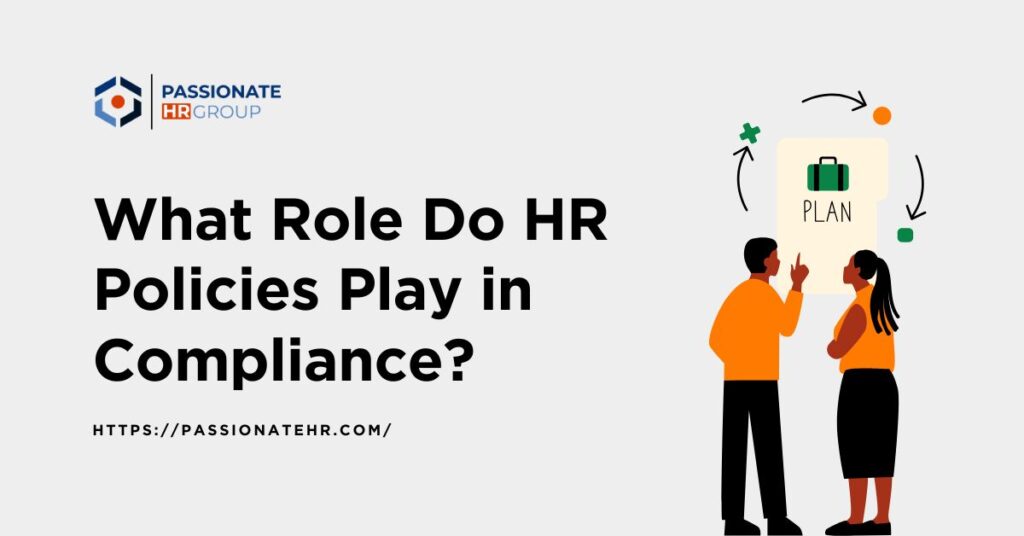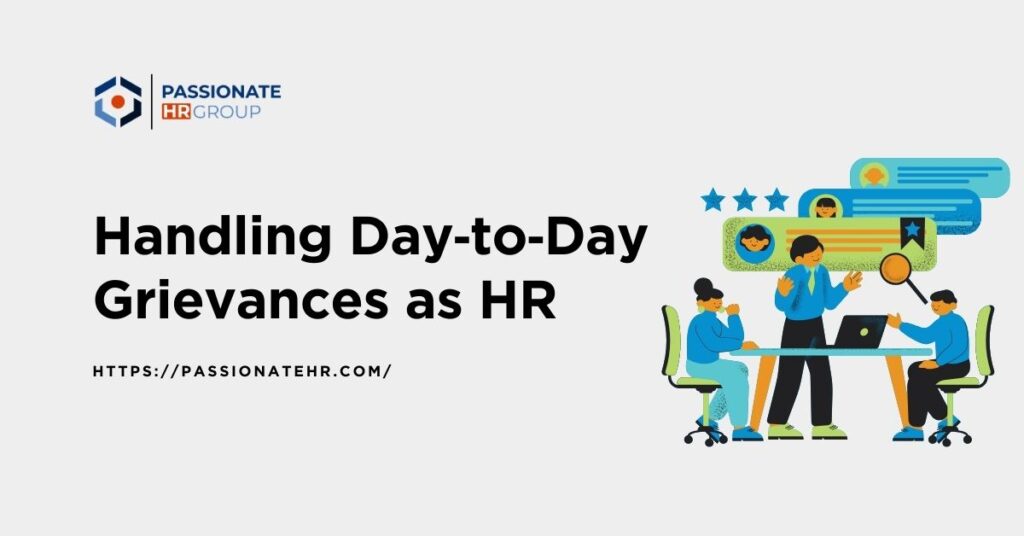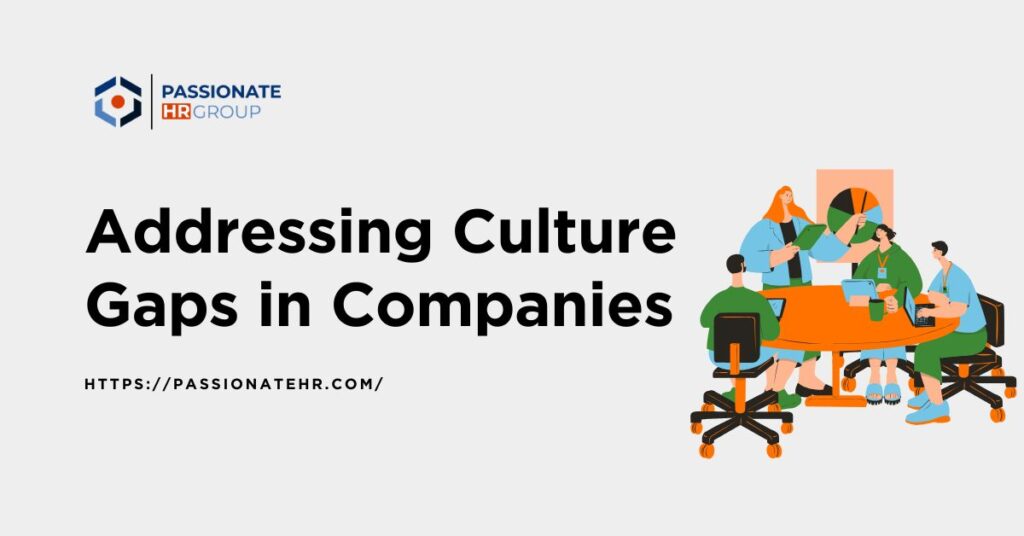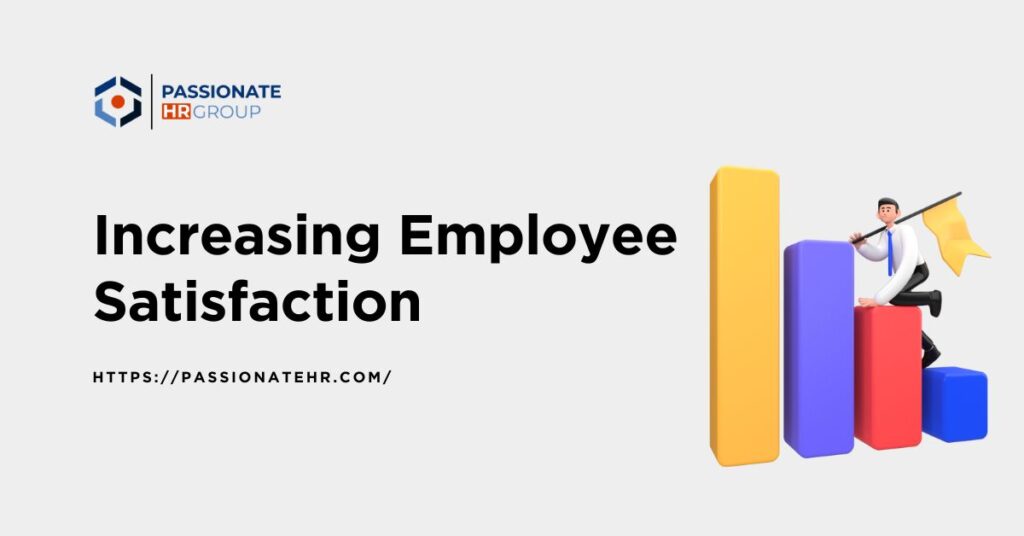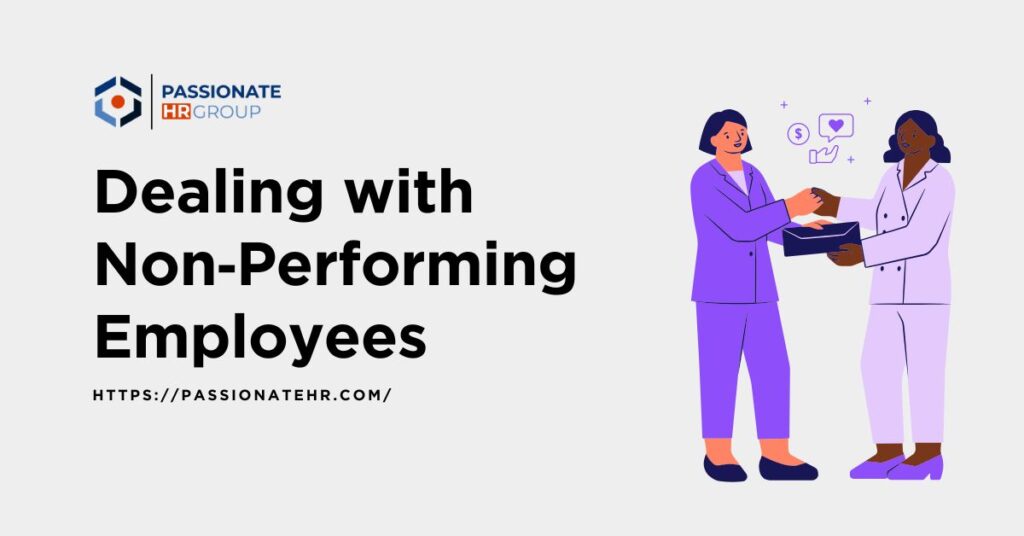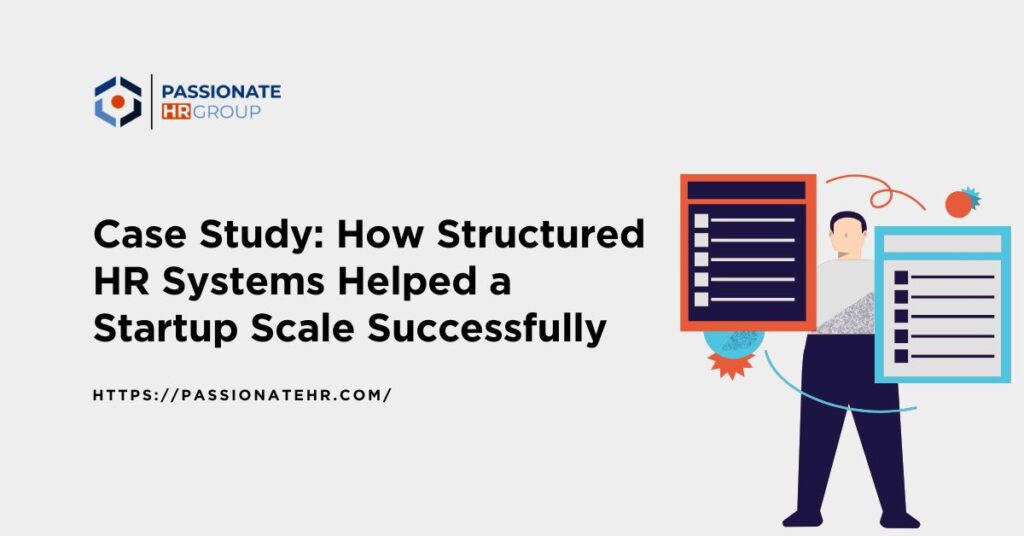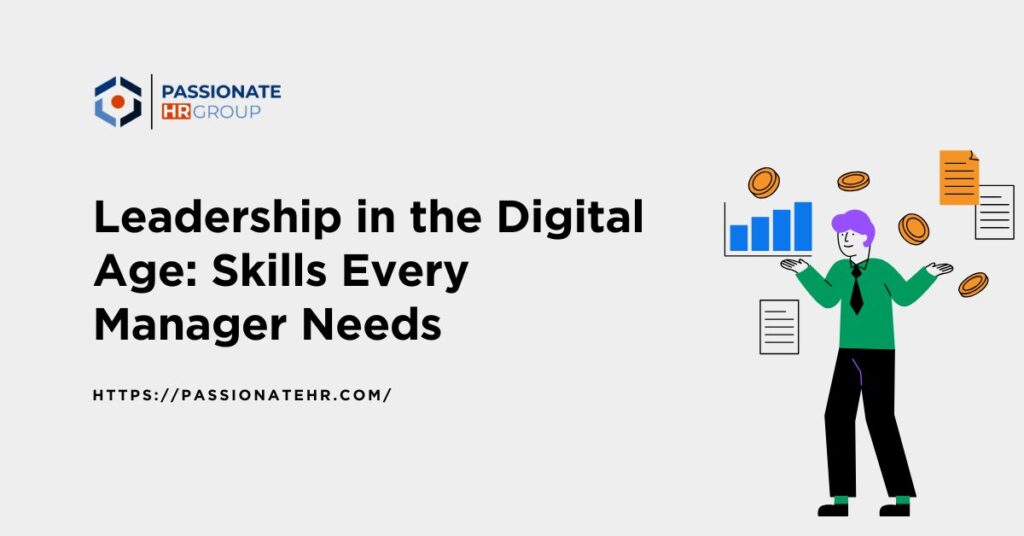A workplace, no matter its size, depends on a set of rules to operate effectively. These rules build fairness, maintain safety, and bring consistency for both employees and employers. Without them, companies can quickly run into confusion, disputes, or even legal trouble.
This is where compliance comes in, following laws and ethical standards that keep organizations on track. But compliance doesn’t happen by chance.
It’s shaped and directed through HR policies, which serve as the framework for how people should act and what companies are expected to uphold.
When designed thoughtfully, these policies not only protect businesses from risks but also safeguard employees from unfair practices. They create a workplace where safety, respect, and trust are part of the daily experience.
Understanding Compliance in the Workplace
Compliance simply means following the rules that govern how a business should operate. These rules come from laws, regulations, and ethical standards that apply to all types of organizations.
For example, employment laws set the standards for wages, working hours, and overtime pay. Safety laws require companies to provide healthy working conditions. Rules against discrimination protect employees from unfair treatment based on their identity or background.
Data protection rules outline how personal information must be stored and shared. When companies fail to comply, the results can be costly.
They may face lawsuits, financial penalties, or lose the trust of their workforce. Beyond the financial impact, non-compliance can damage a company’s reputation and lead to lower employee morale.
Structured workplace guidelines, backed by leading HR policies such as fair pay practices, grievance handling, equal opportunity standards, and workplace safety measures, are a safeguard against these risks.
What Are HR Policies?
At their core, HR Policies are written rules that explain how a company manages its people. They make clear the rights, responsibilities, and expected behavior of both employers and employees.
These policies give staff a reference point when they need clarity about workplace expectations.
For instance, a leave policy outlines how vacation days are earned and used. A code of conduct policy describes the standards of behavior expected in the workplace.
Safety policies provide clear steps to follow in case of emergencies or accidents. These documents are more than just instructions on paper, they are the foundation for compliance.
By turning laws into simple, actionable rules, they help companies follow regulations in daily practice.
How HR Policies Support Compliance
The connection between workplace rules and compliance is straightforward: written guidelines make legal and ethical requirements easy to apply.
They create a bridge between what the law requires and how a business operates on a daily basis.
By setting clear standards, these policies protect both employees and employers. They reduce risks, encourage fairness, and provide consistency.
The support they offer for compliance can be understood across several important areas.
Legal Compliance Made Simple
Labor and employment rules often focus on wages, working hours, overtime, and equal opportunity. Written workplace guidelines take these legal requirements and translate them into everyday practices.
For example, an overtime pay policy makes it clear how extra hours are compensated. Anti-harassment policies establish procedures for reporting and addressing mistreatment.
These documents are practical tools that prevent confusion and reduce the risk of legal violations.
Without them, companies may accidentally break the law, leading to financial penalties or disputes. With them, compliance becomes part of normal work rather than an additional challenge.
Health and Safety Compliance
Safety is essential in every workplace. From physical hazards to emergency preparedness, businesses are required to follow safety laws and maintain healthy conditions. Written safety guidelines bring these requirements to life.
A strong safety policy covers areas like emergency exits, fire drills, and the use of protective gear. Employees who understand these rules are better prepared to handle unexpected situations, which reduces the chance of harm.
For example, when a company makes it mandatory to wear protective equipment and trains staff to use it properly, workplace accidents decline. The benefit is twofold: workers stay safe and the business avoids costly legal issues.
Data Protection and Privacy
In today’s virtual workplace, protecting data is just as important as ensuring physical safety. Businesses collect personal information about employees, clients, and partners.
Without clear rules, this sensitive information is at risk. Policies about data protection explain how information is stored, who can access it, and what steps must be taken if a breach occurs.
These rules build trust and protect both the company and the individuals whose data is being handled. Companies that ignore data security often face severe penalties and damage to their reputation.
A single data leak can cost millions and destroy employee confidence. Clear mentioned rules prevent these risks by making security a standard practice.
Building Trust Through HR Policies
Compliance is not only about avoiding penalties, it is also about building trust within the workplace. Clear rules give employees confidence that they are being treated fairly.
When employees know the process for requesting leave, reporting issues, or receiving pay, they feel more secure. This transparency reduces stress and removes doubts about favoritism or unfair treatment.
A workplace where policies are visible and accessible creates a culture of fairness. This culture builds loyalty, encourages teamwork, and supports long-term success.
Consequences of Weak or Missing Policies
Failing to have strong workplace guidelines can cause serious problems. Businesses may face legal challenges for violating laws. They may also lose the trust of employees, which can lower morale and productivity of employees.
Without clear policies, decisions can feel inconsistent or unfair. Employees may not know how to report concerns or what steps to take in difficult situations.
This lack of clarity increases conflict and creates unnecessary risk for the company. The absence of strong rules not only compliance, it weakens the entire organization.
The Role of HR Leaders in Compliance
HR leaders play a vital role in shaping compliance. Their responsibilities go beyond writing documents. They must also update policies regularly, train staff, and communicate clearly.
For example, if new laws expand parental leave rights, HR teams must quickly adjust policies and make sure employees understand the changes.
They serve as the link between legal requirements and everyday workplace practices. Many organizations partner with specialists like Passionate HR Group to make this process easier.
Expert guidance helps companies updated with regulations and create practical rules that reduce risk while supporting both employees and management.
Real-World Examples of Compliance Success
The benefits of clear rules can be seen in real workplace examples.
By introducing strict safety policies and training programs. This not only improved employee well-being but also protected the business from legal claims.
In contrast, another company failed to update its overtime policy after new laws were passed. Employees who worked extra hours without proper pay took legal action.
The result was financial penalties and lasting damage to the company’s reputation. These examples highlight the direct connection between strong workplace rules their compliance success.
Training and Awareness as Part of Compliance
Policies alone are not enough. Employees must understand and apply them. That is why training programs and regular communication are essential.
When staff receive clear training on workplace rules, they are more likely to follow them. For example, conducting regular workshops on workplace harassment policies makes employees aware of their rights and responsibilities.
This reduces violations and creates a respectful environment. Awareness also empowers employees to speak up when something is wrong, further supporting compliance.
Monitoring and Reviewing Policies Regularly
Workplace rules cannot remain static. The laws change and new challenges arise, policies must evolve.
For example, the rise of remote work created the need for new rules on digital communication, cybersecurity, and flexible scheduling. Companies that update their policies regularly stay compliant and avoid falling behind.
Regular reviews also help identify gaps where rules may be unclear or outdated. By keeping policies fresh and relevant, businesses stay ahead of potential risks.
The Connection Between Policies and Company Reputation
A company’s reputation is closely tied to how it handles compliance. When employees see that workplace rules are fair, consistent, and supported by clear Human Resource management , they are more likely to trust the organization.
These written rules show that management is serious about protecting employee rights, promoting safety, and maintaining ethical practices. This trust strengthens workplace culture and also reflects positivity outside the company.
Customers and business partners view the organization as responsible and dependable when they see compliance being taken seriously.
On the other hand, violations or scandals related to poor compliance can damage credibility overnight. A single case of ignored labor rules, safety failures, or data breaches can weak confidence in the company and hurt long-term growth.
By keeping policies updated and accessible, organizations demonstrate a strong commitment to fairness, employee well-being, and legal responsibility.
This not only safeguards compliance but also enhances the overall reputation of the business.
Conclusion
Clear, stated policies are essential for workplace compliance. They protect businesses from legal risks, guide employees on rights and responsibilities, and create a culture of fairness and trust.
When companies treat compliance as an ongoing commitment, they build stronger organizations that employees and customers can rely on.
For organizations aiming to strengthen their approach, working with professionals such as Passionate HR Group can provide valuable support and practical solutions.
